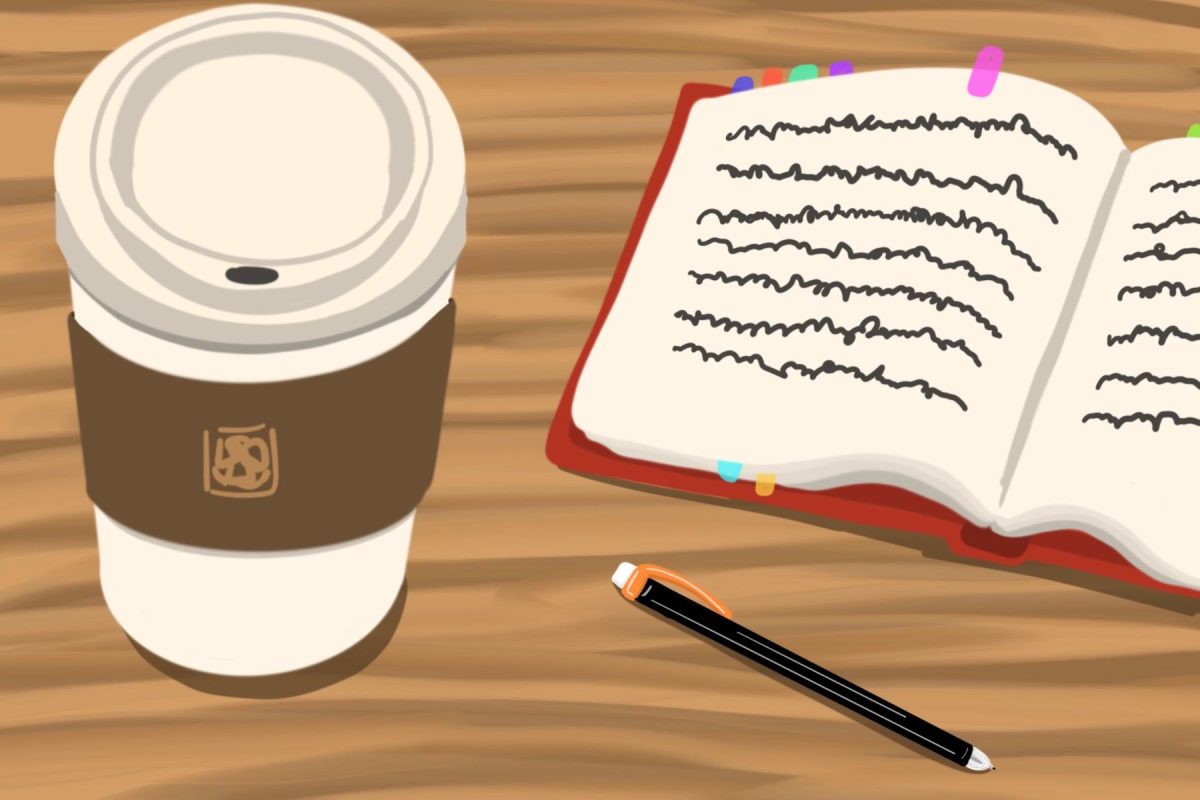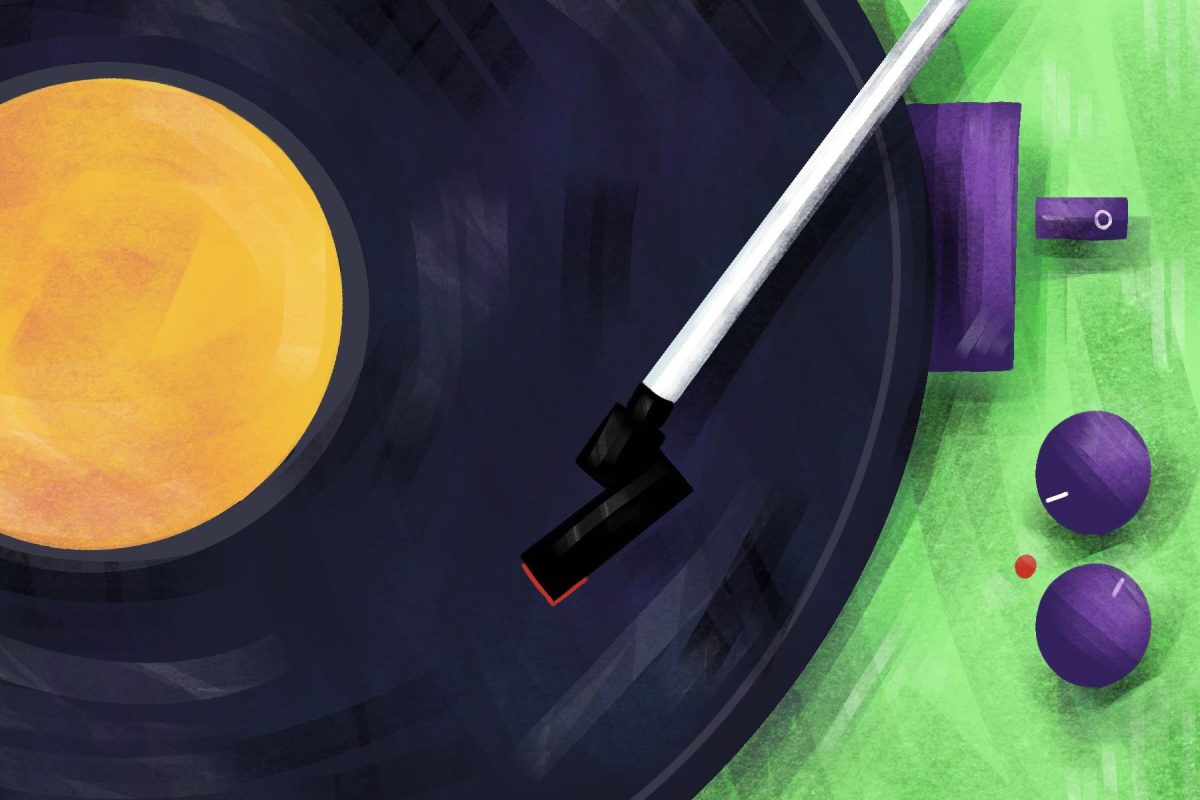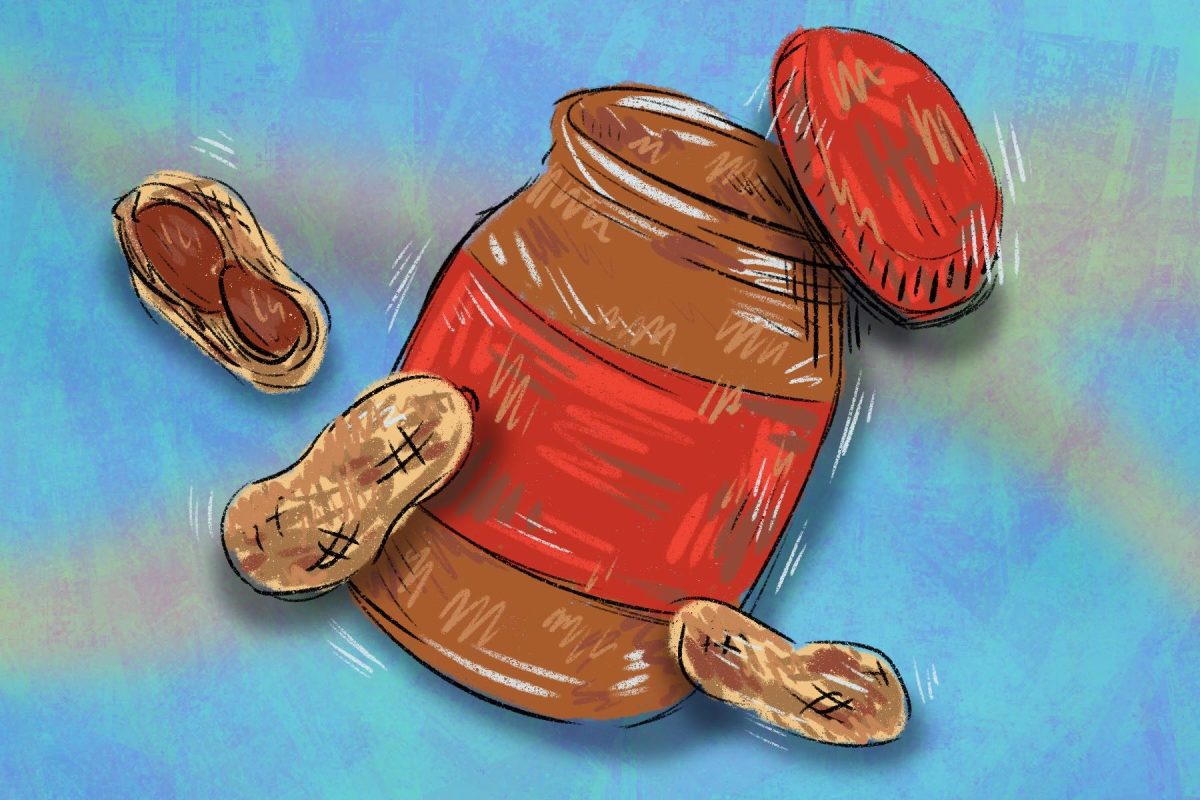A few days after deactivating Instagram to avoid doomscrolling, I found myself trapped in another media sensation: taking Buzzfeed quizzes. From what kind of sandwich I am to what my choice of chicken nugget tells me about my personality, I now know the weirdest, most unimportant details about myself.
BuzzFeed is a digital media company known for viral content, entertainment and news. Founded in 2006 and based in New York City, it gained massive popularity, partly due to its addictive quizzes. These quizzes cover everything from trivia and astrology to food preferences and fictional character matchups. The company has even held contests where creators earn money based on the number of views their quizzes receive, contributing to the widespread appeal of the quizzes. BuzzFeed attracts over 200 million unique monthly visitors.
There are several reasons why BuzzFeed quizzes are so popular. They offer a sense of identity — a question about your biggest priority at 13 years old makes you look back at your past and compare it to the present. They also foster social connection. Whether people share their results for laughs or compare answers with friends, these quizzes create a shared experience.
They are also effortless to complete. Gwendolyn Seidman, an assistant professor of psychology at Albright College, compared BuzzFeed quizzes to “driving through a fast-food drive-thru on the Internet.”
“Those questions are easier to answer than a real personality test,” she said. “It’s very easy to say, ‘This is the candy that I like, this is the movie that I like.’ You can turn it into some information about yourself — without actually doing the hard work of really thinking hard about yourself.”
However, BuzzFeed quizzes have their downsides. They lack scientific credibility and research, offering entertainment rather than genuine personality insights. They often pander to an audience searching for answers but looking in the wrong place. Since these quizzes are widely accessible without age restrictions, they can sometimes reach unintended audiences, potentially influencing people in misleading ways by making assumptions from generally vague questions.
Despite these flaws, as long as users recognize them as lighthearted fun rather than factual assessments, BuzzFeed quizzes remain an amusing distraction.
Sometimes, I find myself frustrated when a quiz tells me I’m a PB&J instead of a sandwich with just mayo and cheese. Other times, I’m shocked by how eerily accurate my results are, even when the questions seem unrelated to the quiz title. In the battle against doomscrolling, BuzzFeed quizzes are certainly a worthy opponent. They are a quirky and sometimes baffling but undeniably entertaining way to kill time. Whether they make you laugh, roll your eyes or question your entire existence as a sandwich, they’ve mastered the art of keeping us clicking.









